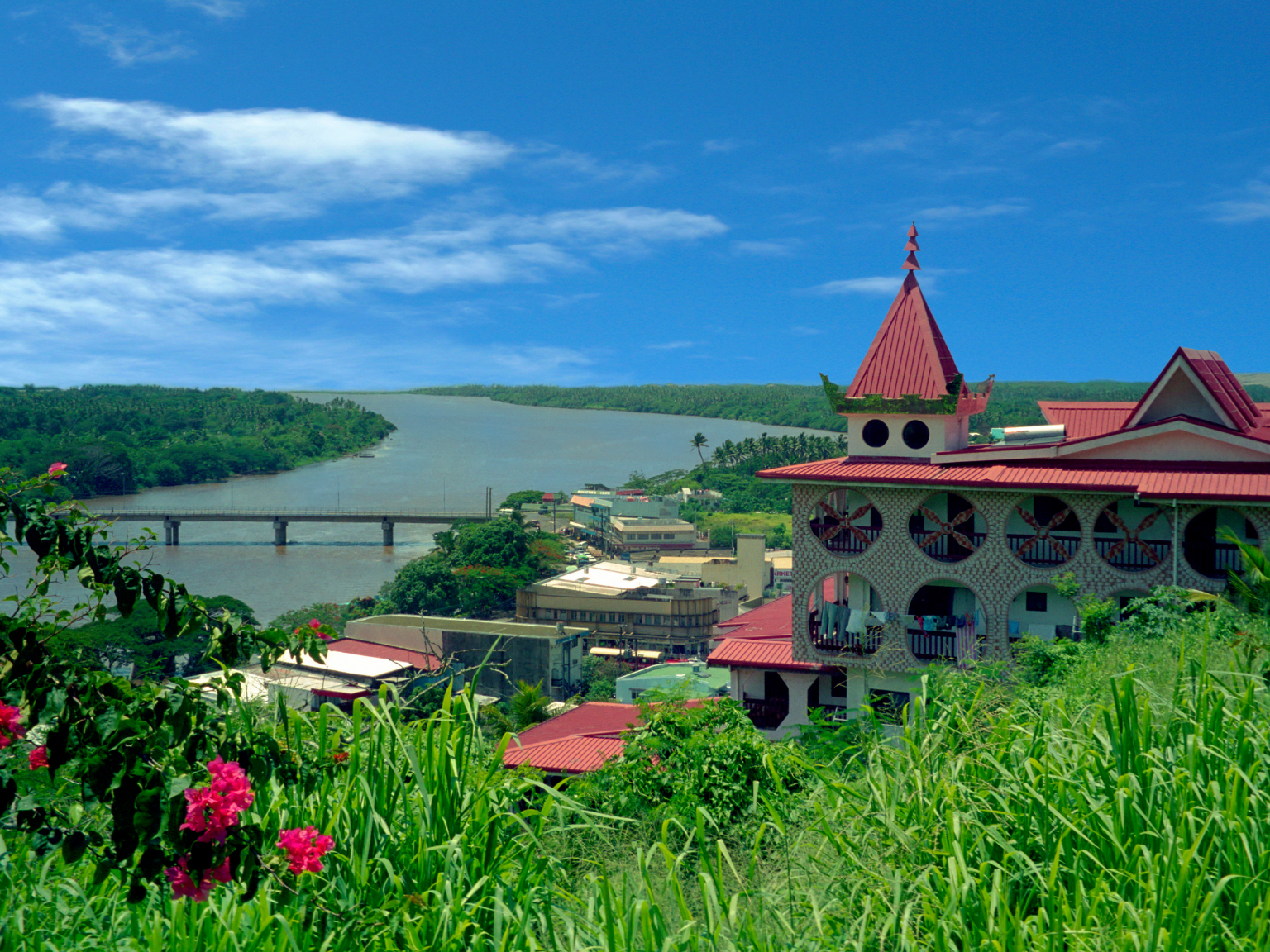By clicking submit, I consent to my personal data being collected, stored, and processed by Think Pacific in accordance with our Privacy Policy.
India holds a range of diverse religions and within each religion there are different sects. As those who migrated from India brought with them much of their cultural heritage (religion included).
Religion is a major influencer of culture, but is can also be influenced by culture. It can play a big part in an individual and community’s sense of identity and influence daily habits, such as clothing, food, behaviours etc. But also change in nature depending on context and encounters.
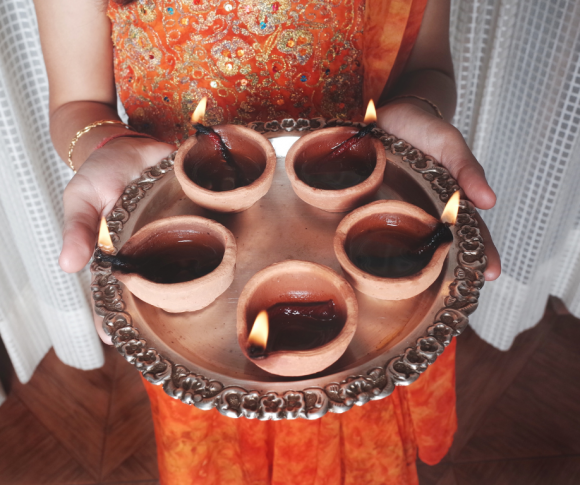
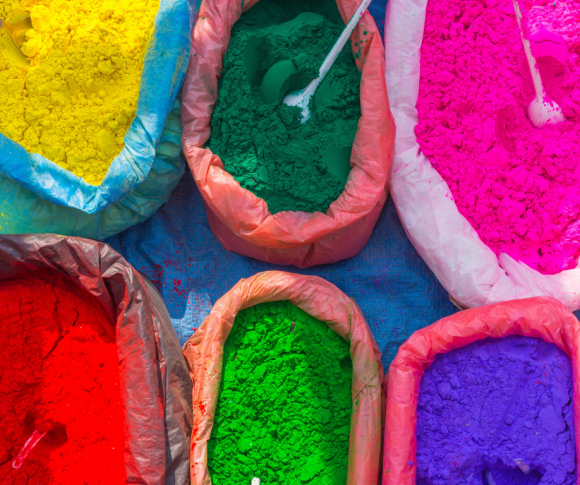
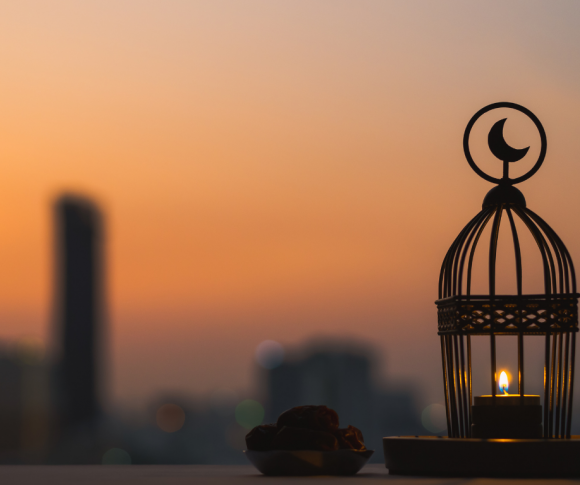
A great article highlighting religion's potential role in expanding group boundaries. The first few pages contain some fantastic content on contextualising religion in Fiji.
The demographics of the religions of those of Indian descent in Fiji are as follows: 76.7% Hindu, 15.9% Muslim , 6.1% Christian, 0.9% Sikh (Pacific Regional Statistics)
The majority of Indo-Fijians follow the Hindu faith, in particular the Arya Samaj sect. This religion was led by Swami Dayanada Saraswati. This branch of Hinduism is more progressive than orthodox Hinduism. The Arya Samaj faith advocates the; remarriage of widows, opposes child marriage, has elements of superstition and celebrates expensive rituals. Some orthodox Hindus disagree with these progressions.
The majority of Muslims in Fiji are Sunni Muslims.
Religion is one major form of variation amongst the community and one example that shows how you cannot homogenise Indo-Fijian culture, there is huge variety within the umbrella categorisation. However, for the sake of this module, there are some elements of the major religions of the community that distinguish them from the rest of Fiji’s population.
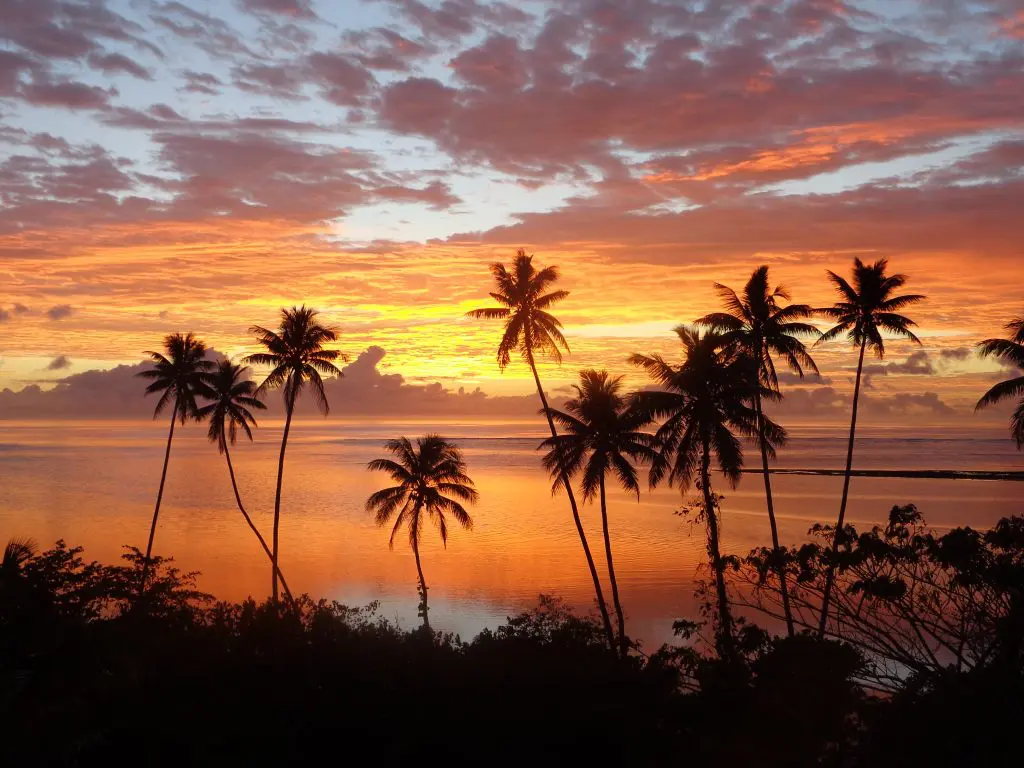
Festivals
In all aspects of religious life, festivals are incredibly important.
Festivals are key moments in the calendar that offer a time of celebration and worship. Communities come together across Fiji to join in with such events that not only have spiritual significance but have been increasingly seen as public displays of celebrating cultural diversity. Below are just a few of the main festivals you might encounter throughout the communities of Fijian’s of Indian Descent.
Diwali is a 5-day ‘festival of light’, celebrated by Hindus, Sikhs and Jains. The festival takes place between October and November every year, the day changes annually. It is an incredibly visual festival with streets filled with oil lamps, fireworks, and sweets given out to children.
Here is a fantastic video showcasing Diwali in 2018 in Nadi, Viti Levu.
It shows a small glimpse into one family’s celebrations during the festival and is a fantastic insight into the event itself for those involved, particularly through the child’s eyes (sweets and fireworks, how could any kid not love it).
The word Diwali comes from the Sanskrit word deepavali, meaning “rows of lighted lamps.” Can you see why?
For Hindus, the vast majority of those celebrating Diwali in Fiji, the festival consists of:
- Many lights and oil lamps being lit on the streets and in houses
- Visiting relatives and having feasts
- Fireworks and festivities are an essential part of the occasion
- Lakshmi, the Hindu goddess of wealth, is worshipped as the bringer of blessings for the new year.
You may have heard of this one already… holi has become famous around the world and it’s not surprising why.
Holi is one of the many festivals dictated by the moon. The festival represents good over evil and begins with a large bonfire being lit the day before the festival. On the day, coloured powders are thrown.
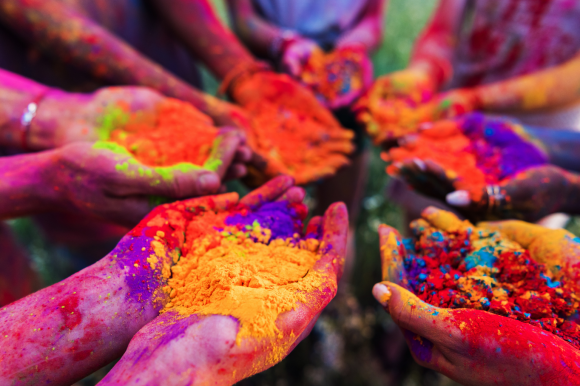
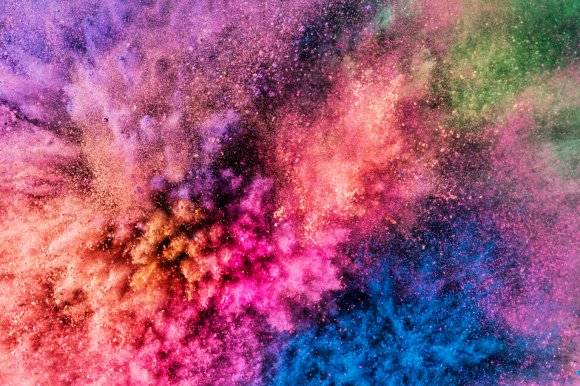
Holi is considered as one of the most revered and celebrated festivals of India and it is celebrated in almost every part of the country. It is also sometimes called the “festival of love” as on this day people get to unite together forgetting all resentments and all types of bad feelings towards each other. The great Indian festival lasts for a day and a night, which starts in the evening of Purnima or the Full Moon Day in the month of Falgun. It is celebrated with the name Holika Dahan or Choti Holi on the first evening of the festival and the following day is called Holi. In different parts of the country it is known with different names. – holifestival.org
The Minister of Education in Fiji delivers a fantastic speech on holi, March 2021.
The sentiment of holi is discussed in the current climate in Fiji, including indigenous Fijians joining in with the festivities
Ramadan is the holiest month for Muslims as it is the month of the year which the Quran was revealed to the Prophet Mohammad. The dates for Ramadan are dictated by the lunar calendar. Muslims will withhold from eating, drinking and sexual acts during the hours of daylight. Young children, pregnant women, the old, the sick and women on their periods are pardoned from fasting. The month is also filled with devotional acts, and is seen as an incredibly spiritual experience which aligns you back to Allah (god). Eid is the celebration at the end of Ramadan, “the festival of the breaking of the fast”.
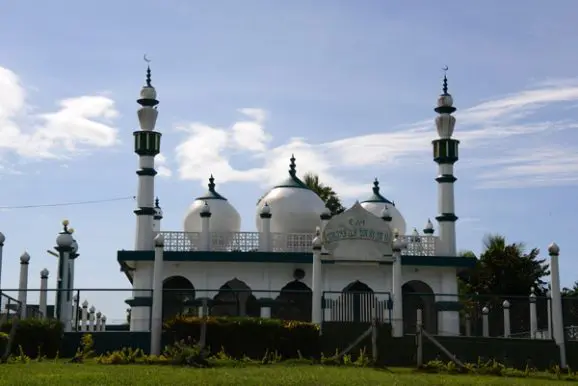
To get a sense of what this may look like, here is the ‘Suva’ timetable for Ramadan 2024.
This page also contains plenty of great information explaining more about the background to the festival itself.
Some recent context in the form of some articles from the Fiji Sun, have a read through.

